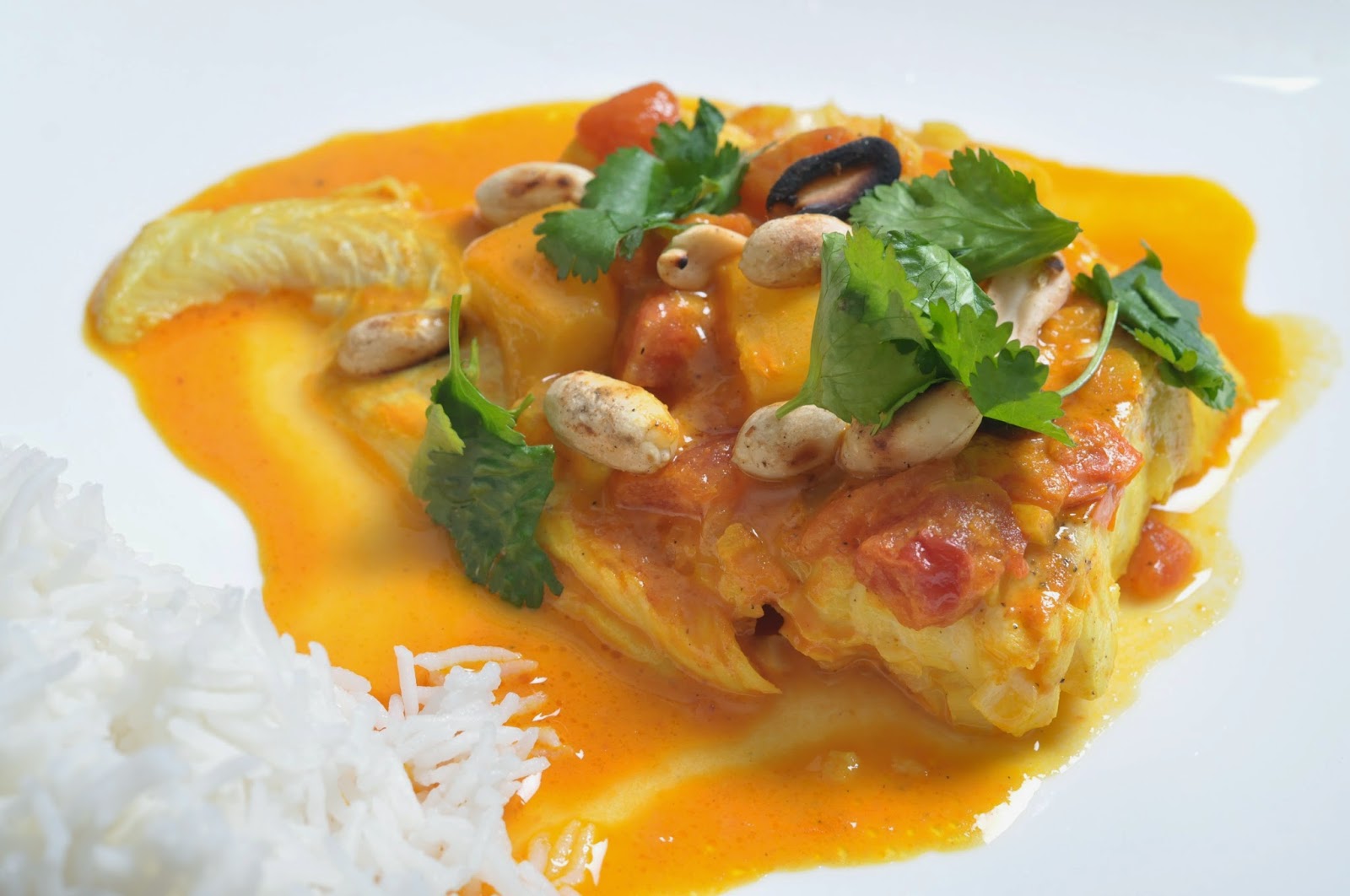Yes,
Chef: A Memoir
By
Marcus Samuelsson and Veronica Chambers
336
pages, Random House, 2013
Chef
memoirs can get repetitive after a while. The chef-to-be is initiated
to the pleasures of cooking at a young age, either by an untrained
yet gifted older relative, or through a multitude of influences. They
go on to study in some culinary institution, where at some point they
are yelled at, then do grunt work in a kitchen, where they get yelled
at some more and learn to deal with the gruelling physical labour and
surrounding machismo that come with the job. Then comes the reward,
in some form or another, for all their hard work and daring.
I
am, of course, exaggerating. Yet the chef’s journey, by this point,
has become familiar to most readers interested in the genre. How,
then, can one stand out? After all, not everyone has Gabrielle
Hamilton’s insight and talent, or Anthony Bourdain’s bravado.
Marcus Samuelsson’s
memoir, Yes,
Chef, stands
out through the sheer uniqueness of its author’s personal journey,
as well as the warmth and family love that pervades it.








